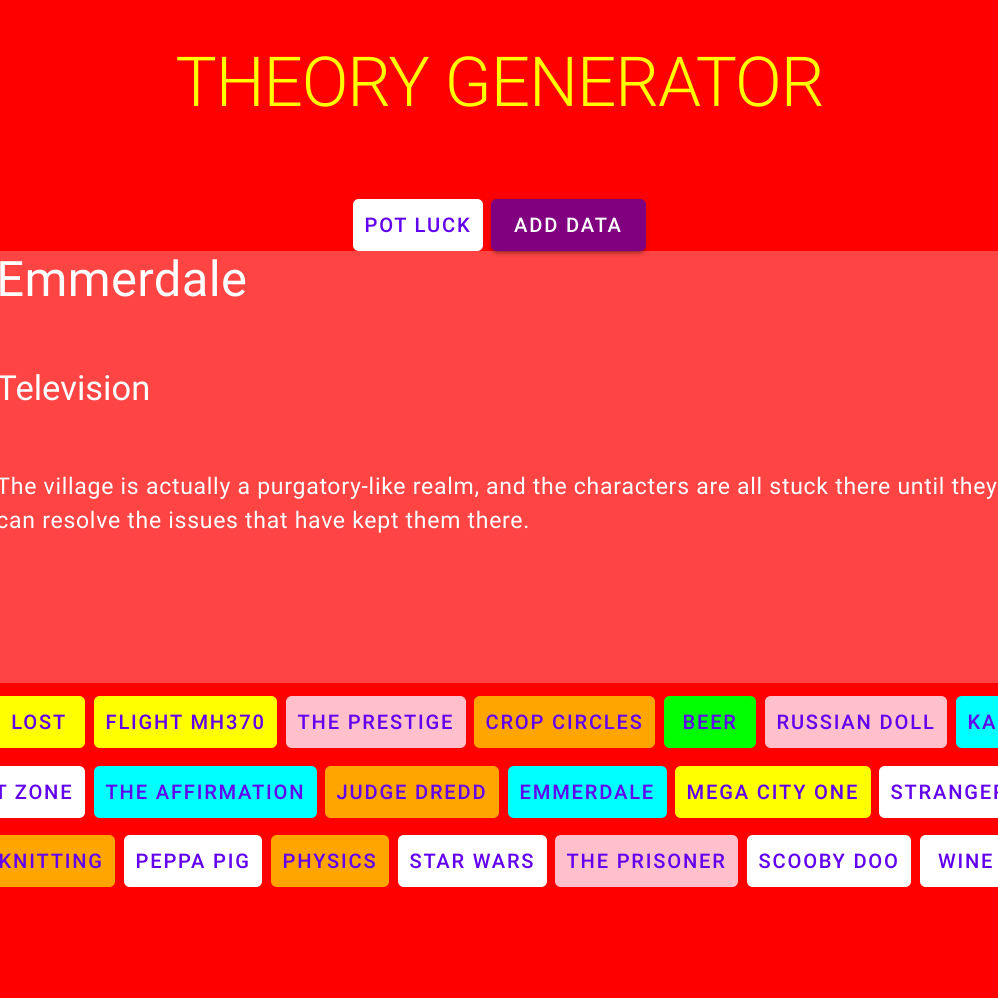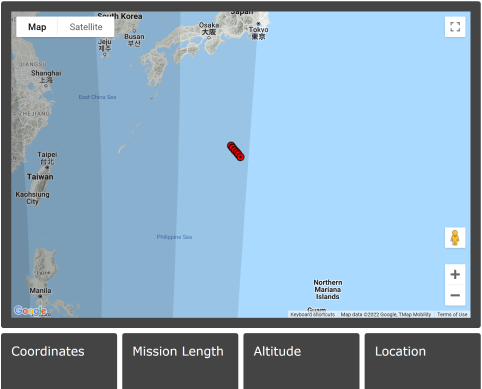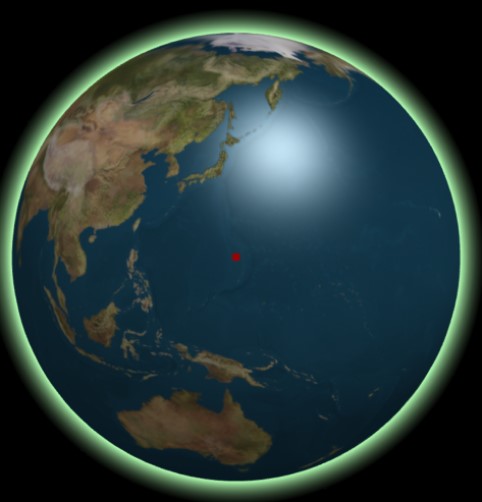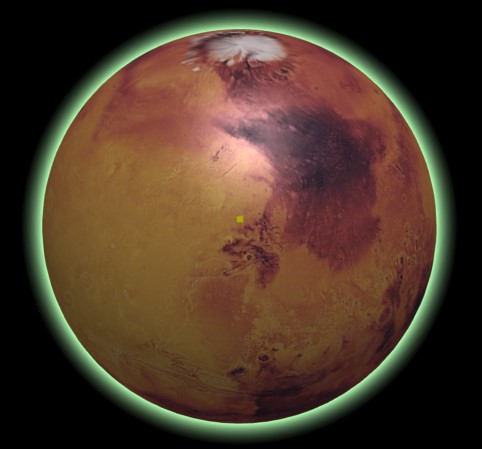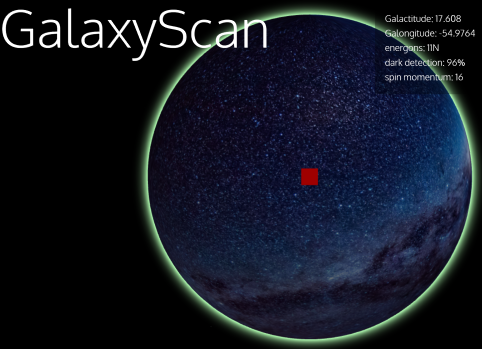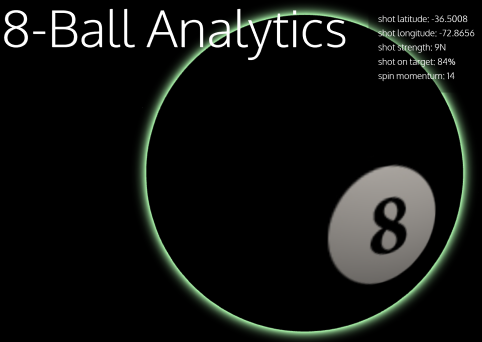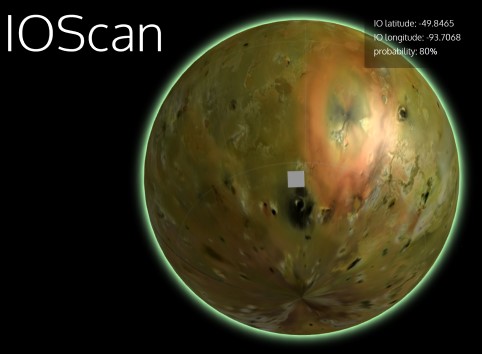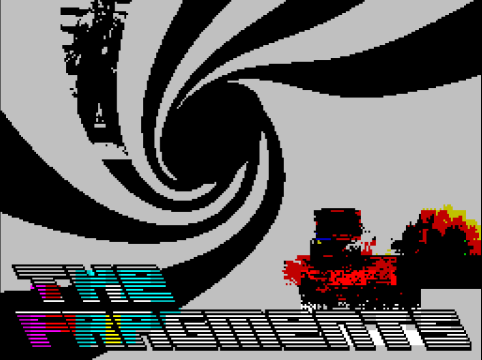A portfolio of small projects to show usage of analytics and databases and to learn such technologies as Google Cloud Platform (GCP), Amazon Web Services (AWS) and Microsoft Azure.
This will invariably include HTML, javascript, CSS, Python and custom programming tools.
These are the end results. Parts of the full end-to end process are unseen running in the background: Google Big Query (GBQ), Google Cloud Functions (GCF), Amazon EC2 Linux Servers and Python routines to read APIs to retrieve certain data to then be passed into Google Big Query.
This site is being served using Google App Engine (GAE) sitting in a Python Flask instance.

